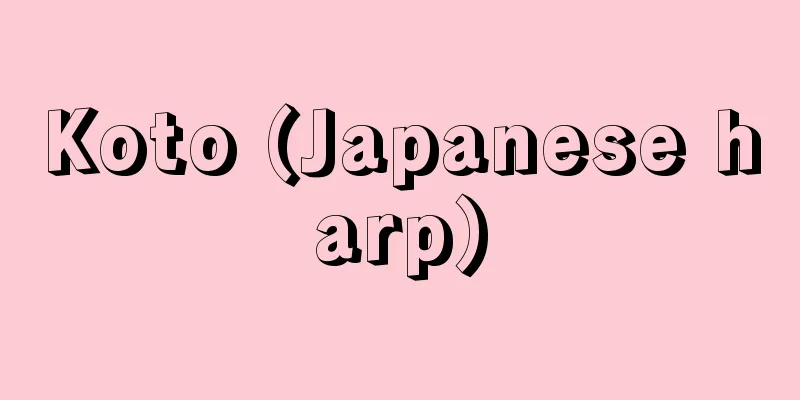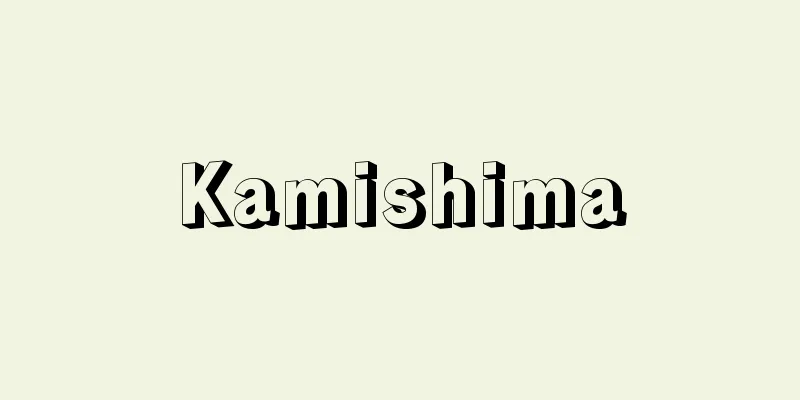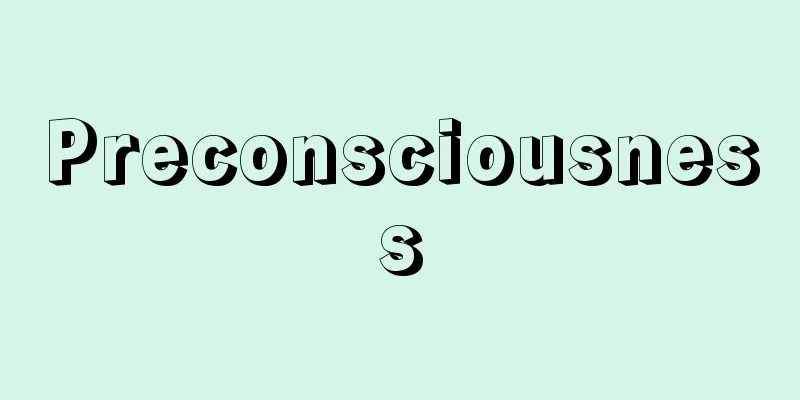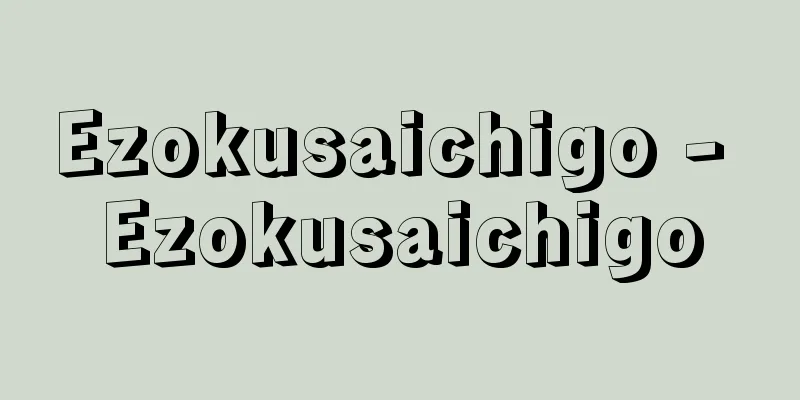Koto (Japanese harp)

|
In a broad sense, it is a general term for stringed instruments. In the Heian period, all stringed instruments with different structures were called "koto", such as "kinkoto", "soukoto", "yamatogoto" (wagon), "biwakoto" (biwa), "kudaragoto" (Paekchegoto), and "shiragigoto" (Sillagoto). In the narrow sense, it refers to the koto-sou family (long-bodied zither-like instruments), and in the narrowest sense, the koto is called "koto", and the character "koto" is often used. In Korea, the character "koto" is also used to refer to stringed instruments, and the long-bodied zither-like instruments, such as the genkin and gayageum, are called "ko". Source: Heibonsha World Encyclopedia, 2nd Edition Information |
|
広義には弦楽器の総称。平安時代には〈きんのこと〉(琴(きん)),〈そうのこと〉(箏(そう)),〈やまとごと〉(和琴(わごん)),〈びわのこと〉(琵琶),〈くだらごと〉(百済琴),〈しらぎごと〉(新羅琴)のように構造の異なる弦楽器をすべて〈こと〉と称した。狭義には琴箏類(長胴のチター属楽器)をいい,最も狭義には箏を〈こと〉と呼び,琴の字をあてることが多い。朝鮮でも弦楽器に〈琴〉の字をつけ,とくに長胴チター属の玄琴(げんきん),伽倻琴(かやきん)を〈コ〉と呼ぶ。
出典 株式会社平凡社世界大百科事典 第2版について 情報 |
Recommend
Morrison, T.
...L. Jones, their flagship, criticized most of t...
Eternal return (English spelling) ewige Wiederkunft
Nietzsche gave a moral meaning to the ancient idea...
Grandchild - Uchimago
〘Noun〙 A child born to a grandparent as a successo...
Anthonis Mor van Dashorst
Dutch portrait painter from 1517 to 1575. Born in ...
Description (Chinese) - Kisai
…The classic text, the Book of Rites, and the his...
Principle of parliamentary supremacy
... In contrast, once the principle of universal ...
Masamitsu Hoshina
1561-1631 Azuchi-Toyotomi - A daimyo in the early...
Urokuzu
…The word sakana has been used since the Middle A...
Yoshibe
...It is located in the mountains on the northern...
optimum population
... refers to a population that is either too lar...
Site of Iksan Royal Palace - Ekisan Royal Palace Site
…The area of Iksan, centered around Geumma-myeo...
Takano no Niikasa - Takano no Niikasa
Year of death: December 28, 8th year of the Enryak...
Kyoto Conference of Scientists - KAGAKUSHAKYOU KAIGI
As a Japanese version of the Pugwash Conferences, ...
Palmer, DD (English spelling) PalmerDD
... In the early modern period, the relationship ...
Paracas (English spelling)
A town in southwestern Peru. It is located about 6...









